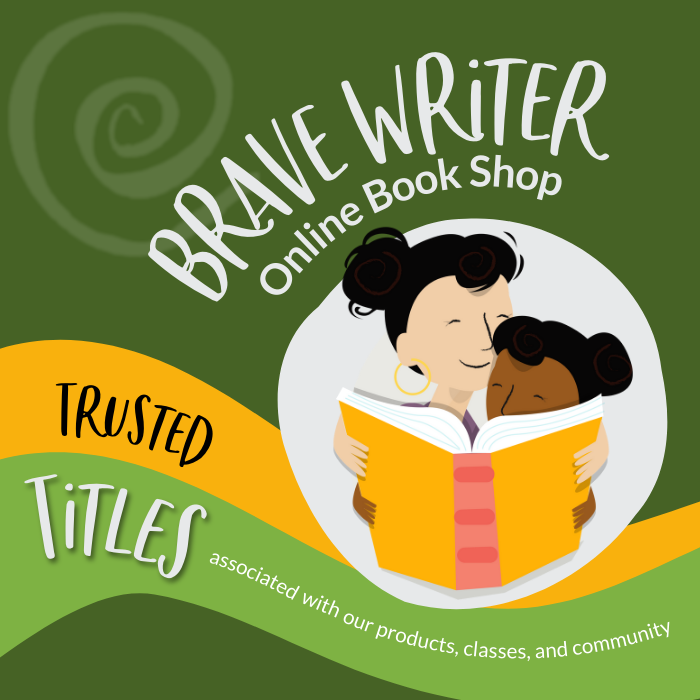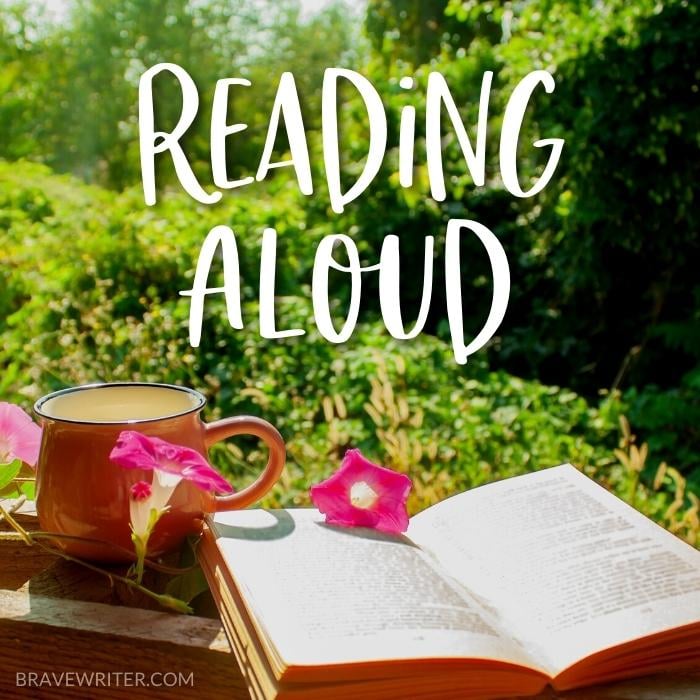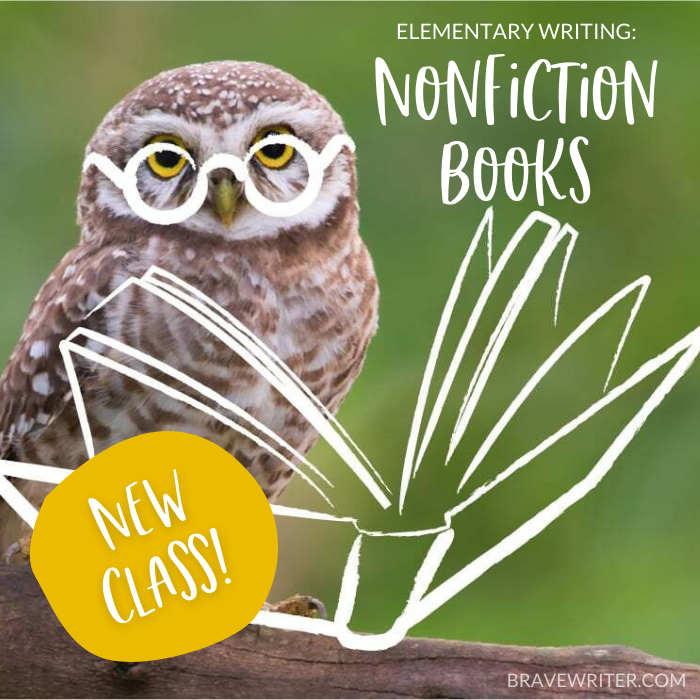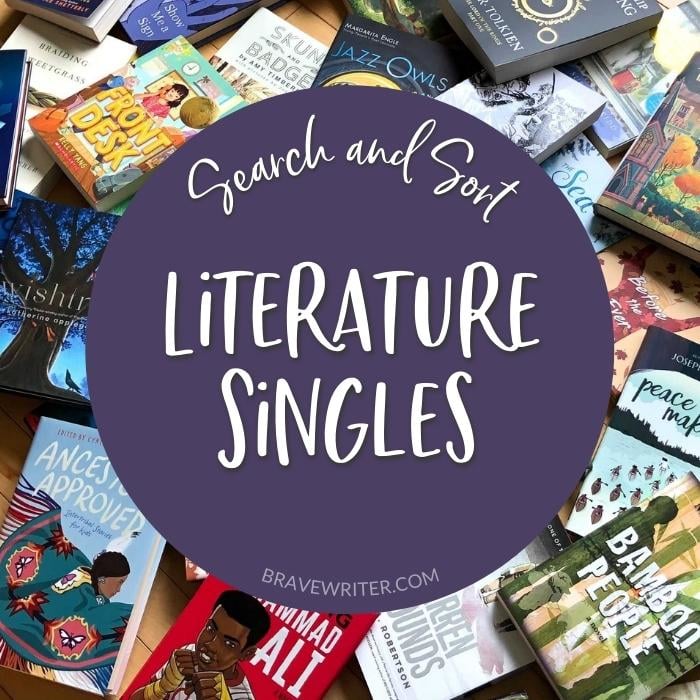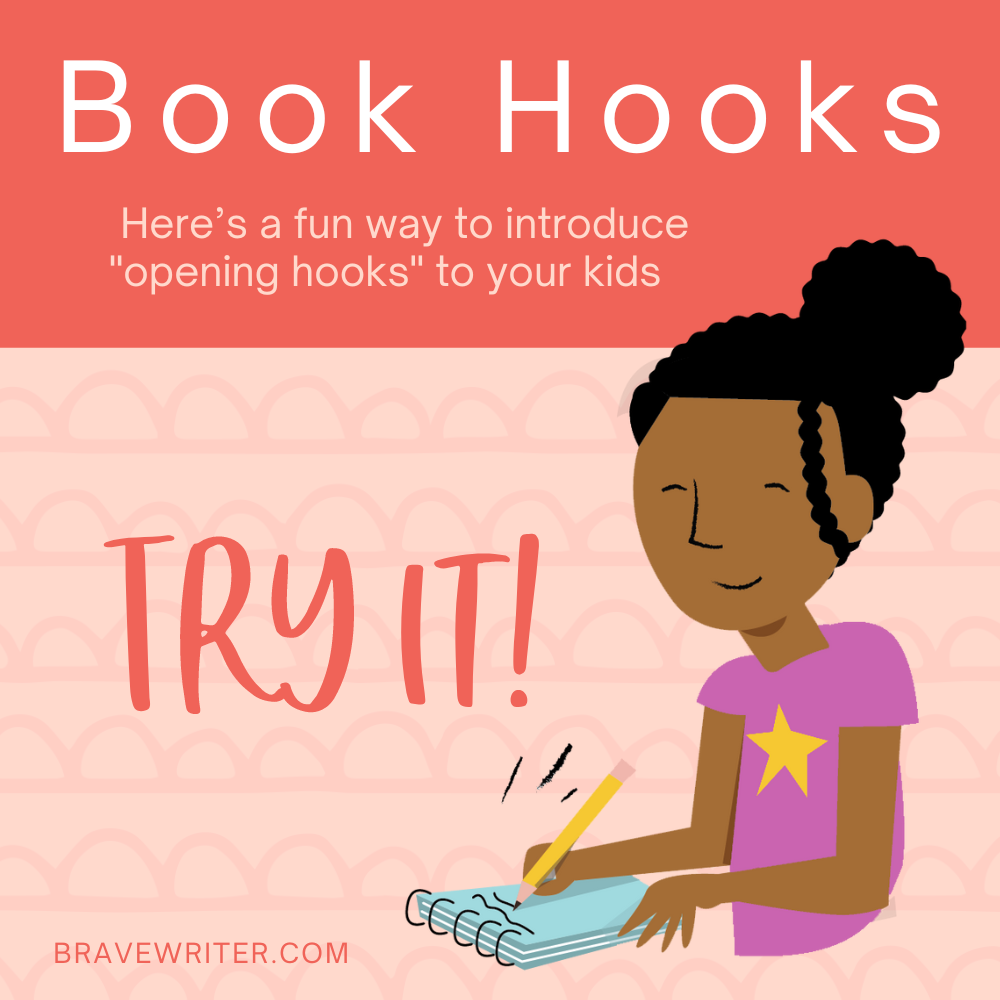
Looking for a fun way to introduce “opening hooks” to your kids? Keep reading!
The most famous opening hook in children’s literature comes from Charlotte’s Web.
“Where’s Papa going with that ax?”
Startling, right? Do you want to know what happens next?
That’s the power of a great opening hook—it compels you to keep reading!
See if any other standouts are in your home library. Rank your favorites!
Book Hooks
- Collect a stack of 10 books.
- Open them one at a time.
- Take turns reading the opening lines aloud.
- Vote on which is the most compelling and which is the least compelling.
- Rank all 10 in order.
- Discuss why the most compelling is so good.
- Revise! How might you change the least compelling to make it better?
TIP: If you’ve done this before, try it with nonfiction books—or movies (watch the first few minutes).
Writing depends on hooking readers. Remember to hook your readers when you write!
If you try it, let us know how it goes! Share on social with the #bravewriterlifestyle hashtag.
All ‘Try It’ Activities
Brave Writer® programs teach writing using your child’s body, mind, and heart.
Discover why writing is the key to all of learning!


